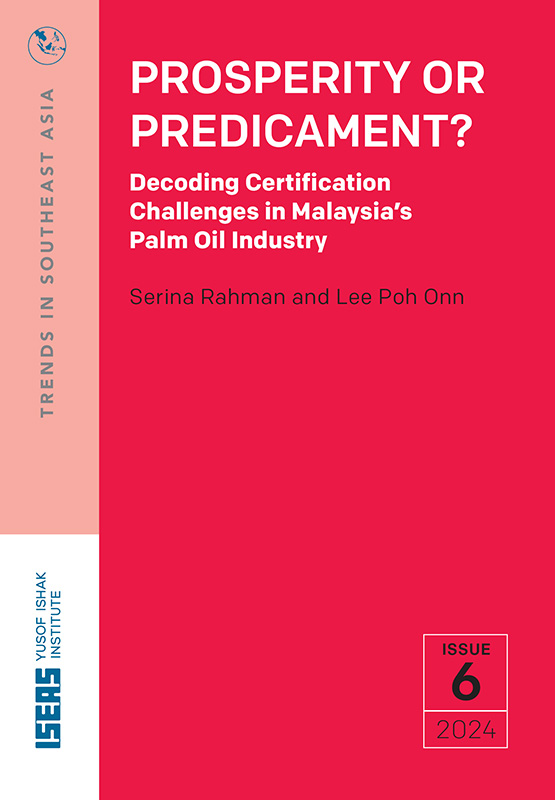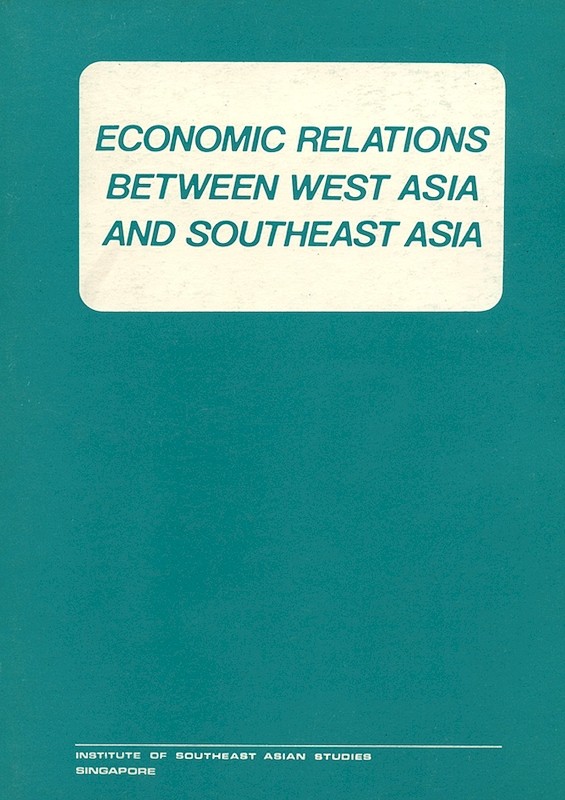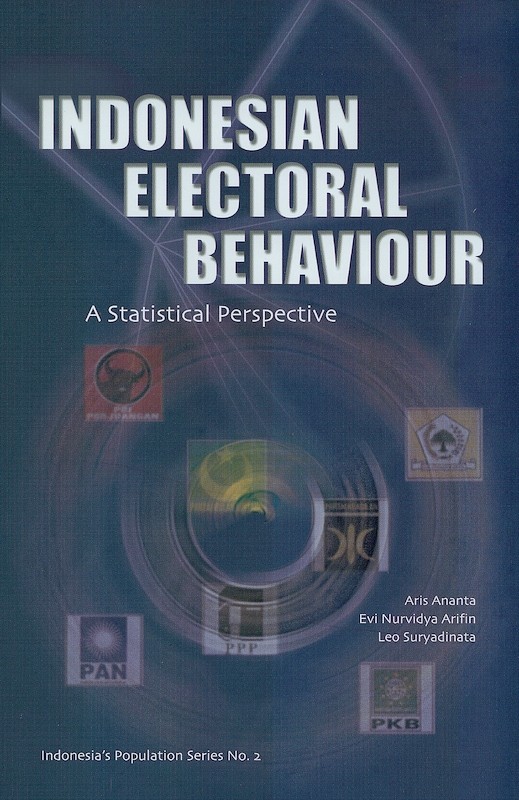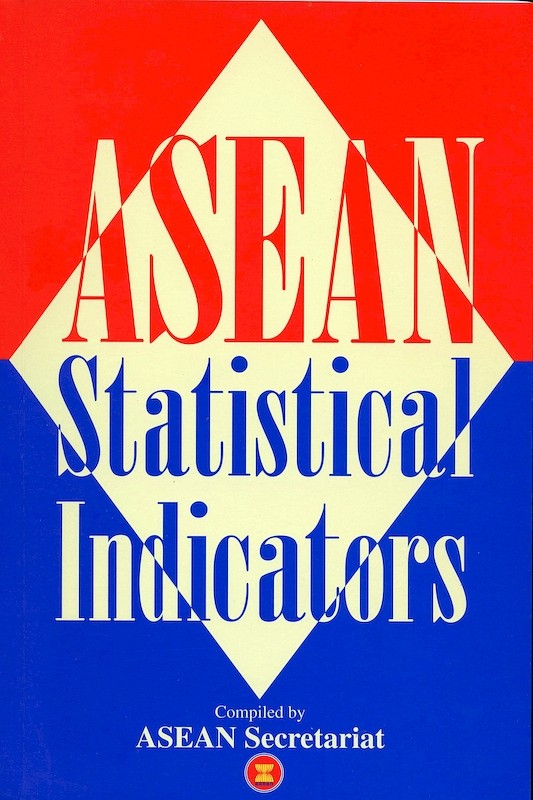The Indonesian Plywood Industry: A Study of the Statistical Base, the Value-Added Effects and the Forest Impact
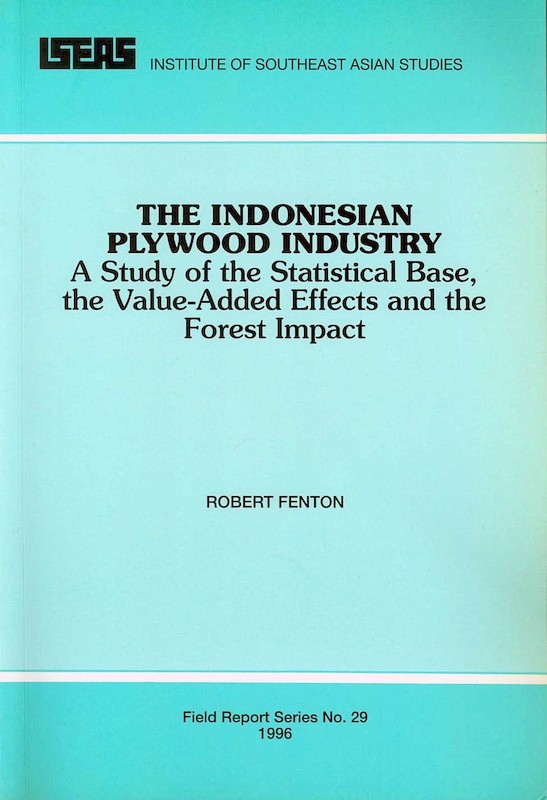
Robert Fenton, author
Date of publication:
1996
Publisher:
Institute of Southeast Asian Studies
Number of pages:
107
Code:
FR29
About the publication
Indonesia is the world's largest producer of logs from tropical rainforests. The logs are primarily used in the plywood industry, which grew from virtually nothing in 1979 to become, within a decade, first, the greatest producer of tropical plywood, then the greatest exporter of all plywood, and finally, large enough to dominate all wood-panel exports. At the same time the forests are to be sustainable by the year 2000 and so is subject to intense conservationist attention. This study takes a meticulous look at the data available and examines the value-added and economic rent methodologies used in the existing literature, and concludes that the data are highly inaccurate and the analyses made earlier are unrealistically simplistic.
Contents
-
The Indonesian Plywood Industry: A Study of the Statistical Base, the Value-Added Effects and the Forest Impact
[Whole Publication, ISBN: 9789814345743] -
Preliminary pages
-
1. Introduction
-
2. The Indonesian Plywood Industry
-
3. The Indonesian Domestic Market
-
4. Plywood Exports
-
5. Discussion of the Statistical Base
-
6. Development & Size of the Plywood Industry
-
7. Sawnwood
-
8. Valued Added: Calculation & Discussion
-
9. Government Share of Residual Stumpage
-
10. Discussion of the Forest Position
-
11. Outlook for the Plywood Industry & Conclusions
-
Appendices
-
References
-
The Author

